THE COLLECTED WRITINGS OF
ROBERT DUNCAN
Advisors
Bill Berkson
Robin Blaser (19252009)
Michael Davidson
Joseph Donahue
Rachel Blau DuPlessis
Susan Howe
Nathaniel Mackey
Marilyn Schwartz
Mary Margaret Sloan
Christopher Wagstaff
The publisher gratefully acknowledges the generous contribution to this book from the Jess Collins Trust and the ongoing efforts of its trustees.
The publisher also gratefully acknowledges the generous support of the Humanities Endowment Fund of the University of California Press Foundation.
The H.D. Book

The H.D. Book
Robert Duncan
The H.D. Book
Edited and with an
Introduction by
Michael Boughn and
Victor Coleman

University of California Press
Berkeley Los Angeles London
University of California Press, one of the most distinguished university presses in the United States, enriches lives around the world by advancing scholarship in the humanities, social sciences, and natural sciences. Its activities are supported by the UC Press Foundation and by philanthropic contributions from individuals and institutions. For more information, visit www.ucpress.edu.
University of California Press
Berkeley and Los Angeles, California
University of California Press, Ltd.
London, England
2011 by the Jess Collins Trust. Used by permission.
Frontispiece: Jess (19232004), his mind / ours a sublime community, from Emblems for Robert Duncan, 1989, paste-ups, 6 5 . Seven ovals (with seven alternates) were created by Jess especially for this edition. Courtesy of the Jess Collins Trust.
. Seven ovals (with seven alternates) were created by Jess especially for this edition. Courtesy of the Jess Collins Trust.
For acknowledgment of previous publication, see credits, page 659.
Library of Congress Cataloging-in-Publication Data
Duncan, Robert, 19191988.
The H.D. book / Robert Duncan ; edited and with an introduction by Michael Boughn and Victor Coleman.
p. cm. (The collected writings of Robert Duncan ; 1)
A collection of 17 essays, composed from 1959 to 1964.
Includes bibliographical references and index.
ISBN 9780520260757 (cloth : alk. paper)
1. Poetry, Modern20th centuryHistory and criticismTheory, etc. I. Boughn, Michael. II. Coleman, Victor, 1944 III. Title.
PS3507.U629H3 2011
Manufactured in the United States of America
20 19 18 17 16 15 14 13 12 11
10 9 8 7 6 5 4 3 2 1
The paper used in this publication meets the minimum requirements of ANSI/NISO Z39.481992 (R 1997) (Permanence of Paper).
Contents
Illustrations
Acknowledgments
All the manuscripts for The H.D. Book are housed at the Poetry / Rare Book Collection at the State University of New York at Buffalo. We would like to thank the staff at the Collection, and especially the curator, Michael Basinski, and the assistant curator, James Maynard, for making us welcome and for their help in locating Robert Duncans materials and making them available to us. James Maynard, in particular, not only quickly provided all the materials we asked for, but used his extensive knowledge of the collection to go out of his way to suggest material we would have taken weeks or months to otherwise locate. Without his generous assistance this project would have taken much longer than it did. Christopher Wagstaff, Mary Margaret Sloan, and the Jess Collins Trust have also been extremely generous and timely in their support of this work.
In addition, Mr. Maynard generously read an early draft of our introduction. His support and criticism were essential in helping us shape it into its final form. Peter Quartermain also took valuable time out from his own editorial tasks to offer us support and criticism. For that we are deeply grateful.
We would also like to thank our respective spouses, Elizabeth Brown and Kate Van Dusen, for their patience and support during our various trips to Buffalo and the cottage.
Without Laura Cerrutis trust, we would never have had the opportunity and the privilege to live so closely with Robert Duncans mind and language for so long. And without Rachel Berchtens patience and dedication, we would never have gotten this far.
Michael Boughn and Victor Coleman
Introduction
Today I will allow myself whatever projects of what might come of this mining (Youve to dig and come to see what I mean/where I, in that poem, almost wanted to point to that word come; because there is something about real thought that is as autonomous as ejaculation; and has the further mystery of the orgasmic if it have spirit). Robert Duncan to Norman Holmes Pearson, July 2, 1960
The H.D. Book is one of the great lost texts in the history of American poetry. In 1959, when he began writing the book, Robert Duncan was already an accomplished and well-known poet, connected with the Berkeley renaissance and the San Francisco renaissance, as well as Black Mountain College and the Beat poets. He had published a number of important worksincluding Heavenly City, Earthly City; Medieval Scenes; Fragments of a Disordered Devotion; Caesars Gate; The Venice Poem; and Lettersand was about to appear in Donald Allens groundbreaking anthology, The New American Poetry. His mature work, however, had yet to come. The H.D. Book would be the alembic in which that work was gestated.
Composed from 1959 to 1964, various chapters of The H.D. Book appeared in little magazines between 1966 and 1985 (see appendix 2). It was never published as a completed book, however. Perhaps lost overstates the case, since it was never forgotten, but for some forty years, the only access to the text was photocopied assemblages of the various magazine publications, treasuredand sometimes passed from hand to handby Duncans loyal readers. In 2001, we posted a transcription of the magazine publications on the internet; while this made the existing text available to those who did not have the photocopies, it did not include the many revisions Duncan had made over the years to his ever-changing text. A complete, edited version of the book remained elusive, the stuff of endless complaint and speculation.
Duncan began writing The H.D. Book when H.D.s friend and literary executor, Norman Holmes Pearson, asked him for a short homage to present to H.D. on her birthday in 1960. Duncan had long admired H.D.s work. As he tells the story in the opening chapter of The H.D. Book, her poem Heat, read to him by a high school English teacher, was his first experience with the magic of poetry, an experience that led him into his life-long devotion to the art. What began as a simple homage quickly turned into an epic meditation and exploration of what Duncan felt were the hidden springs that fed the roots of modernism and the work of the poets and writers he took on as masters: H.D., Ezra Pound, D. H. Lawrence, William Carlos Williams, Edith Sitwell, among others.
Duncans early work on The H.D. Book coincided with his correspondence with H.D., which lasted for about two years (not including an early letter from 1950), from July 1959 until her death in September 1961. Much of the thinking that began to take shape in



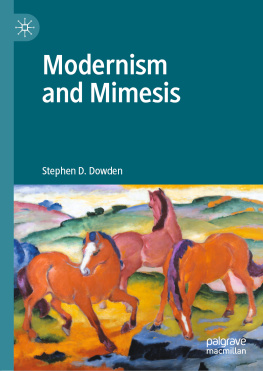
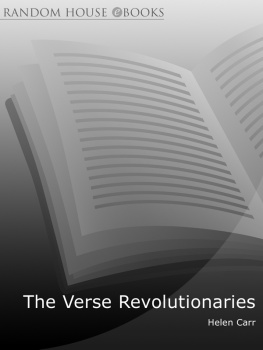
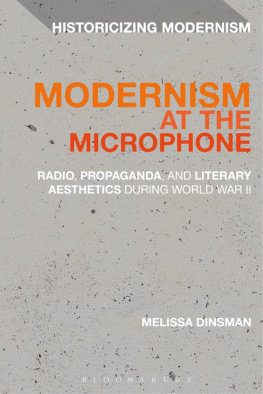
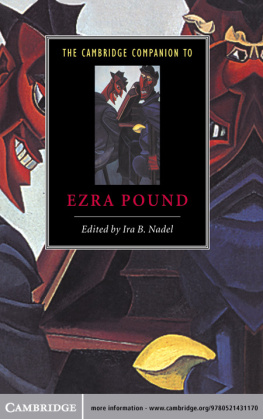
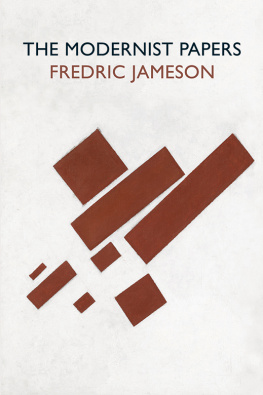
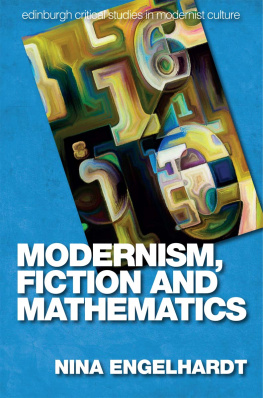
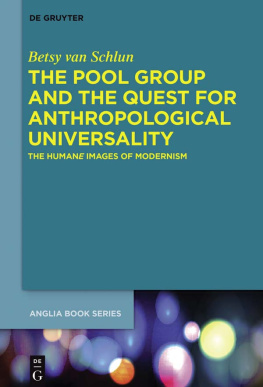
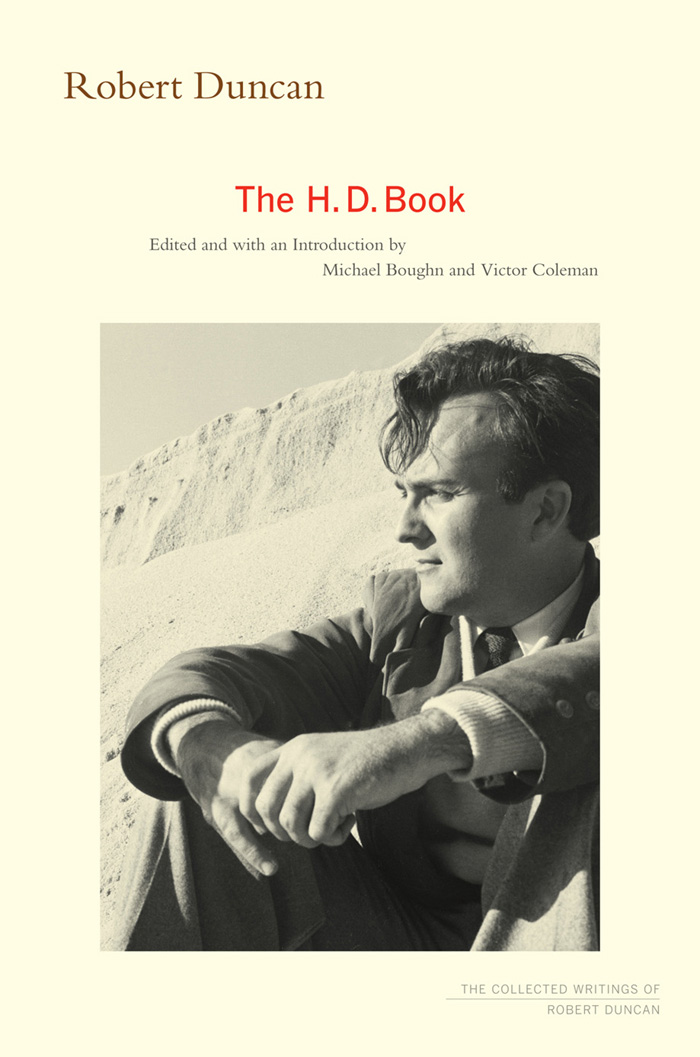


 . Seven ovals (with seven alternates) were created by Jess especially for this edition. Courtesy of the Jess Collins Trust.
. Seven ovals (with seven alternates) were created by Jess especially for this edition. Courtesy of the Jess Collins Trust.